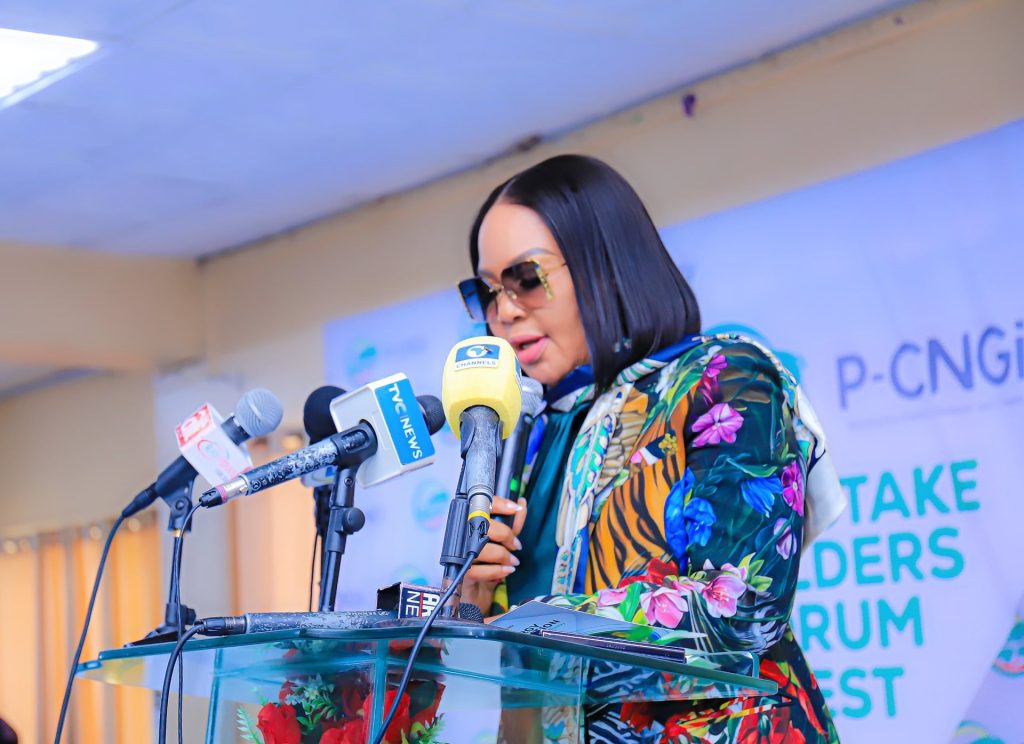In recent months, the labor landscape in Nigeria has undergone a significant transformation, largely due to the relentless efforts of Nkeiruka Onyejeocha, the Minister of State for Labour and Employment. Under her leadership, the National Assembly has passed the N70,000 new National Minimum Wage Act 2019 (Amendment Bill), a critical milestone for Nigerian workers that reflects Onyejeocha’s unwavering commitment to advocating for the rights and welfare of the workforce.
Recognizing the urgent need for an increase in the minimum wage, she has consistently engaged with various stakeholders, including government officials, labor unions, and private sector representatives.
The journey to this legislative achievement has not been without its challenges. The idea of increasing the minimum wage has been a contentious issue, often met with a mix of support and skepticism from different quarters. However, Onyejeocha’s foresight and determination have played a pivotal role in facilitating constructive dialogue among the involved parties.
Her collaborative approach culminated in a decisive meeting held on July 18, 2024, where President Bola Ahmed Tinubu, alongside leaders of the Nigeria Labour Congress (NLC) and the Trade Union Congress (TUC), reached a consensus on the N70,000 benchmark. This agreement laid the groundwork for what would soon become a landmark piece of legislation.
Following the passage, Alhaji Mohammed Idris, the Honourable Minister for Information and National Orientation, announced the development to reporters, reaffirming the government’s commitment to enhancing the living standards of its citizens through fair wages. This proactive step carried implications not only for economic growth but also for social stability in a nation where many workers have struggled to make ends meet.
Under Onyejeocha’s administration, the successful negotiation leading to the N70,000 minimum wage reflects her deep understanding of the socio-economic challenges plaguing Nigeria. She has championed the cause of workers, advocating for fair compensation that reflects the costs of living and inflation rates. Her engagement with labor unions has been characterized by transparency and mutual respect, creating an environment where workers feel their voices are heard and valued.
Beyond the legislation itself, Onyejeocha has been steadfast in her goal to ensure that this new wage is not just a figure on paper but a reality for all Nigerian workers. She understands the broader implications of this policy—how it could bolster consumer spending, improve quality of life, and stimulate the economy. As the minimum wage is scheduled for review every three years, Onyejeocha is keenly aware of the need for continued advocacy and vigilance to ensure that workers’ rights remain a priority on the national agenda.

